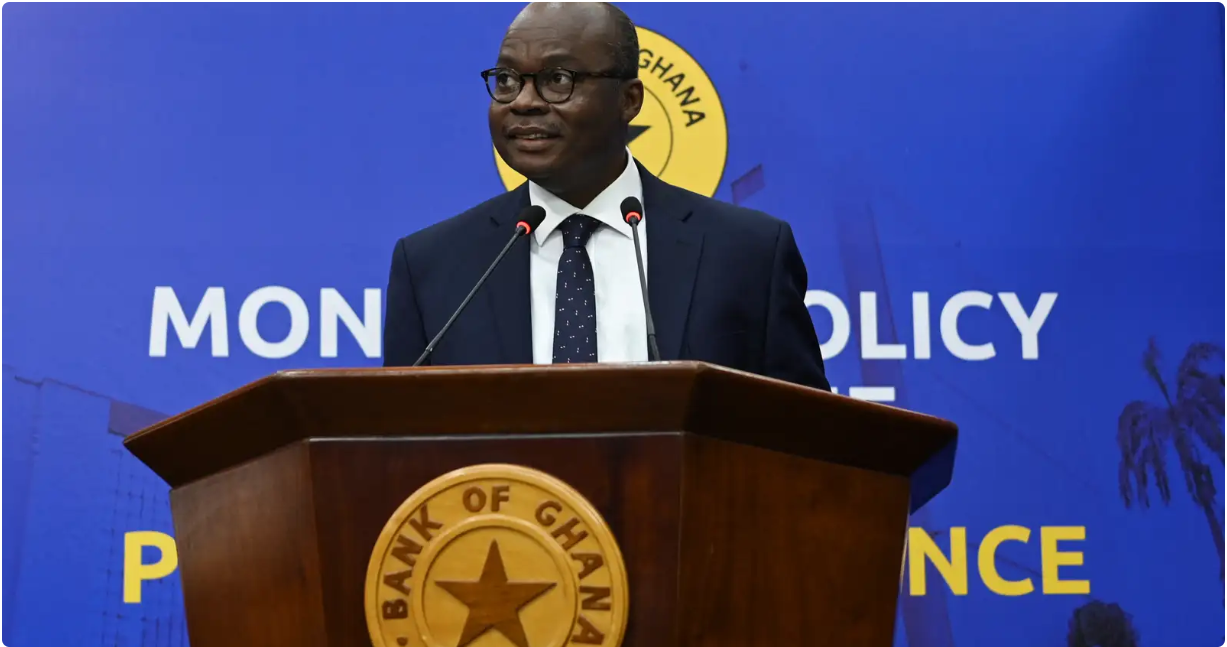Ghana’s Central Bank has told eight money transfer organisations (MTOs) that they are not permitted to provide remittance services until they have regulatory licenses.
These businesses are reportedly LemFi, Wise, Transfer Go, PayPal’s Xoom, SendValu, Boss Revolution, Aza Finance, and Supersonicz, as stated in an announcement.
According to the notification, the Central Bank issued a warning about conducting business with the named organisations to the general public, commercial banks, dedicated electronic money issuers (DEMI), and enhanced payments service providers (EPSP).
Read also: Ghana secures funds for climate initiatives at IMF/WBG
What the penalty would be
Trading in foreign currency without a license is against the law in Ghana according to Section 3.1 of Act 723 of 2006, which is the Foreign Exchange Act. Operating a vehicle without a valid license can result in a fine of “not more than seven hundred penalty units or a term of imprisonment of not more than eighteen months or both,” as stated in Section 29.1 of the Act.
“Approved MTOs are hereby reminded to terminate their foreign exchange flows through their partner institutions only and to adhere strictly to all guidelines in respect of their operations,” the notice from Ghana’s Central Bank read.
The amount of money sent back home by Africans living elsewhere is an essential source of foreign currency for many African nations. Remittance inflows to Sub-Saharan Africa are anticipated to have grown by 5.2% to $53 billion in 2022, according to data provided by the World Bank. This growth compares to 16.4% growth in the preceding year.
About Ghana’s Central Bank
The Bank of Ghana, also known as BoG, is Ghana’s Central Bank. Its abbreviation is “BoG.” It was established in 1957 and has its headquarters in Accra. In addition to its headquarters in Accra, the Bank of Ghana has seven regional offices across the country. The cities of Hohoe, Kumasi, Suyani, Tamale, Takoradi, Bolgatanga, and Wa are home to the regional offices. These cities are listed in the previous sentence.
Commercial banks, development banks, merchant banks, and a multitude of rural unit banks are all part of Ghana’s formal banking system in addition to the country’s central bank, the Bank of Ghana. The Bank of Ghana, in its capacity as the Central Bank, is charged with carrying out the government’s desired monetary policies.
Act 612 and Act 673 outline the functions and responsibilities of the Central Bank as a Regulator as follows: To regulate, oversee, and direct the banking system and credit system in order to maintain the smooth operation of a safe and sound financial system.
Currency regulators and issuers of currency are two of the functions that a central bank does.
The role of the bank in government.
Protector of the cash reserves.
Currency held in trust for the international community.
Provider of loans of very last resort.
A central location for money transfers and settlements.
Manager of the credit system.
Ensuring the safety of the deposits of customers.
BoG has just recently discovered a variety of vulnerabilities that have been present in the banking sector, some of which date back to the year 2015. The industry was afflicted with a number of problems, including insolvency problems, poor corporate governance standards, inadequate risk management practices, liquidity problems, and regulatory violations, to name a few.




